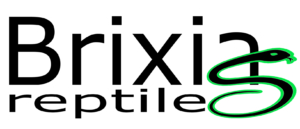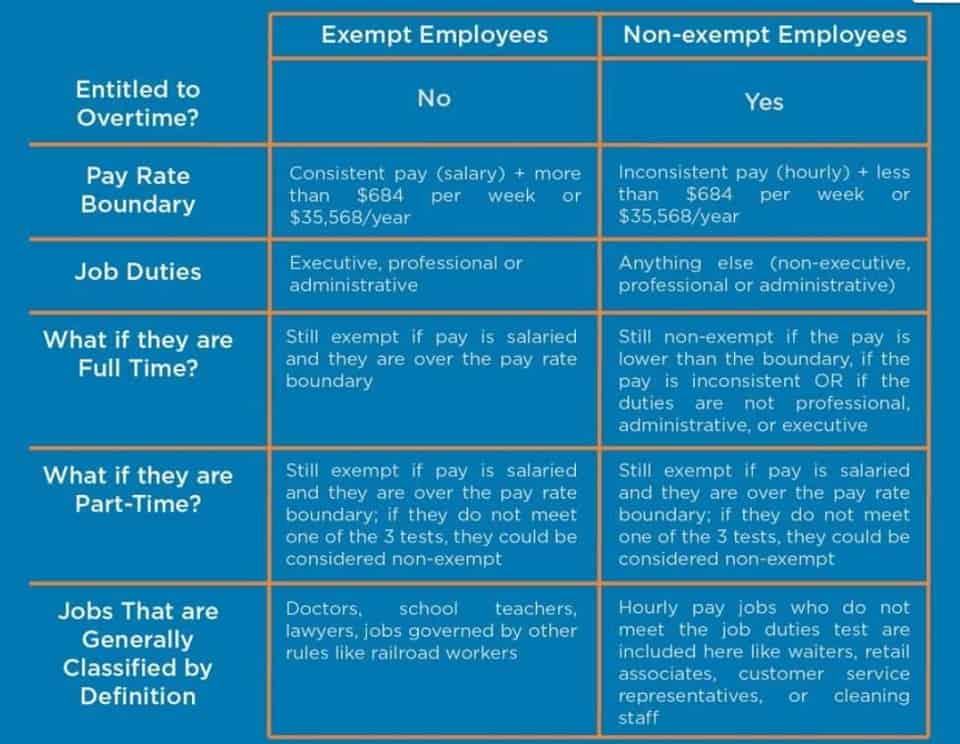However, a negative bank account may still affect your credit score. Payment history is the most important factor for credit score calculation, as it counts for 35% of your score. If a payment declines due to insufficient funds, that payment will be late. Late payments can quickly decrease your credit and make it harder for you to qualify for housing or loans. If you don’t pay a negative balance over a period of time, the bank may sell your debt to a collections agency.
You may be able to link your primary bank account to another account or even a credit card so that the bank automatically covers negative balance transactions. Keep in mind, though, that your bank will almost certainly charge you for overdraft protection coverage. This fee, however, is likely to be smaller than a regular overdraft or NSF fee. When your paycheck is directly deposited into your account, you can skip waiting for a check to clear or making a trip to the bank to deposit it. Some banks may even offer early direct deposit services that may provide your paycheck up to two business days earlier.
- Factors like the size of your negative balance and your banking history will also play a role in the time frame.
- The merchant will incur some additional cost for “bounced” checks.
- When a customer opts in for this service, the bank designates a backup account for the bank to use as a source of funds to cover any overdrafts.
- Or, they might allow you to open a second chance account but charge you high fees and place restrictions on it.
- Some banks may set a discretionary limit on how much you can overdraw your account, while others may specify a hard limit.
Payday loans give you the money right away, but they have very high-interest rates and are often based on your income instead of your credit history. The money in your balance is eligible for pass-through FDIC insurance. While the trouble reports subsided 2021 u s small business tax checklist and then stayed relatively limited throughout the week, complaints hadn’t completely disappeared by Friday. At National Debt Relief, we take pride in empowering people to regain their financial stability through our proven debt relief program.
What should I do if my account is overdrawn?
Say you have a checking account and the bank grants you a $1,000 overdraft limit. That means you can spend all the money in your account, plus up to $1,000 more before the bank will block any further transactions. Negative balances reflect what the card issuer owes you, the cardholder.
- Sign up for account transaction and balance alerts so you stay informed.
- Rather than depositing a paper cheque provided by your work, have your employer direct deposit your paycheck into your account.
- The TurboFinance team is made up of industry experts in debt, finance, loans, and general money management.
- Start small by setting aside a portion of your monthly income and gradually increasing your savings.
Your bank may automatically provide overdraft protection for an ATM withdrawal or a debit card transaction that sends your balance below $0. Or it might cover a withdrawal or transaction if you’ve signed up for overdraft protection. As you can see, there are various negative ramifications if your bank account goes negative.
If you have overdraft coverage on your account, you may be able to continue using your debit card up to a point. However, in doing so, you risk incurring an overdraft fee with each use, so it’s not a good idea to do so. If your bank account balance is negative, the worst thing you can do is ignore it.
Consequences of Overdrawing
For example, if you have a $5,000 credit limit but a credit balance of $100, you can spend up to $5,100. However, you’re technically not receiving a higher credit limit because once you spend $100, your balance will be $0 and your credit limit remains at $5,000. The EarnIn Card is issued
pursuant to a license from Visa USA Inc.
You’ll likely be charged a fee for each payment you make from a negative account. And with every payment you make from an overdrawn account, you’re pushing the balance deeper into the red. The bank will expect you to deposit the total amount you owe and to pay all fees, and if you don’t settle this balance within a short time, it may apply more fees. Banks look at your bank account history when you apply for a new checking or savings account.
Don’t have enough money in your checking account to cover the cost of transactions? A bank will charge a non-sufficient funds (NSF) fee, also called an insufficient funds fee. However, you will have to pay an NSF fee for every expense that you make while your checking account has a negative balance.
Crediful is committed to helping you make smarter financial decisions by presenting you with the best information possible. We are able to present this information to you free of charge because some of the companies featured on our site compensate us.
Transfer money into the account
These might help provide early warning in the case of a financial miscalculation, accidental overspending or a surprise bill. While a negative bank balance can have consequences, there are a few steps you can take that may help reduce its likelihood. There is no one-size-fits-all limit on how negative your bank balance can go. Some banks may set a discretionary limit on how much you can overdraw your account, while others may specify a hard limit. You don’t want a negative balance hanging in your account for too long. Try to make arrangements to settle the amount due as quickly as you are able.
The costs of a negative bank account and how to avoid them (
Along with this, do not click on any unknown link received in the message and email. If you suspect any kind of fraud, then immediately contact your bank’s customer helpline number or bank branch. To find out if your bank provides fee waivers or other ways to help you avoid overdraft costs, get in touch with them. By monitoring your account balance, putting up overdraft protection, and refraining from pointless activities, you can prevent overdraft costs. It could be important to seek financial assistance if you are still having trouble maintaining a positive bank balance. Consider speaking with a credit counselor or financial expert who can provide advice and support in managing your finances.
Using the account while negative can lead to more fees and penalties, making it even harder to get it back into the black. Banks may charge fees for various services, such as account maintenance or ATM usage. If you don’t have sufficient funds to cover these fees, it can lead to a negative balance. You can’t get in trouble for overdrawing your account but you may face fees, which could lead to financial difficulty. Your bank may close your account and may send you to collections until you repay the balance. A financial institution can close an account or freeze it if you fail to pay a negative balance, which might later appear on your credit reports as a collection account.
You may receive the requested refund as a check, cash or money order. But in order to receive the refund, you’ll need to have a current address or phone number on your account. If the card issuer can’t find current information, they aren’t required to take any further action. Below, CNBC Select reviews how a negative balance occurs, its effect on your credit score and credit limit and how to bring your balance back to zero. An arranged overdraft is unlikely to have a major impact on your credit score as long as you don’t go beyond your overdraft limit or have payments refused. In fact, if you use your overdraft sensibly and regularly pay it off it could improve your credit rating.
The Center for American Progress says that people in the U.S. lose $9.1 billion yearly because of how payday loan lenders work. Payday loans put people in a cycle of debt that hurts local economies and leads to things like higher overdraft fees, putting off medical care, and financial ruin. When a merchant tries to charge your account and fails because of a negative balance, then that could be a problem. The merchant will incur some additional cost for “bounced” checks. In such a case, you’ll be required to not only pay the NSF fee to the bank but also settle up what you owe the merchant.
If you don’t know about an overdrawn account or ignore it, the bank could eventually take legal action against you. The amount your account is overdrawn is a legal debt you owe, which means the bank can sue you and use legal remedies such as wage garnishment to get the money. ICICI Bank doesn’t charge any fee if the closure is within 30 days or after one year. But if the account is closed between 31 days to one year, it has an account closure fee of ₹500.
Once the account is closed, your bank notifies a checking account firm that stores the information about your account for as many as seven years. As such, closing your account does not mean that whatever you own in the bank disappears. When you have more than one account with the same bank, you might be confused about which to use to make your payment. In such a scenario, your bank account may have negative funds even though your other account has enough money. In March, Wells Fargo online customers reported account issues, including direct-deposit paychecks that appeared to be missing.

